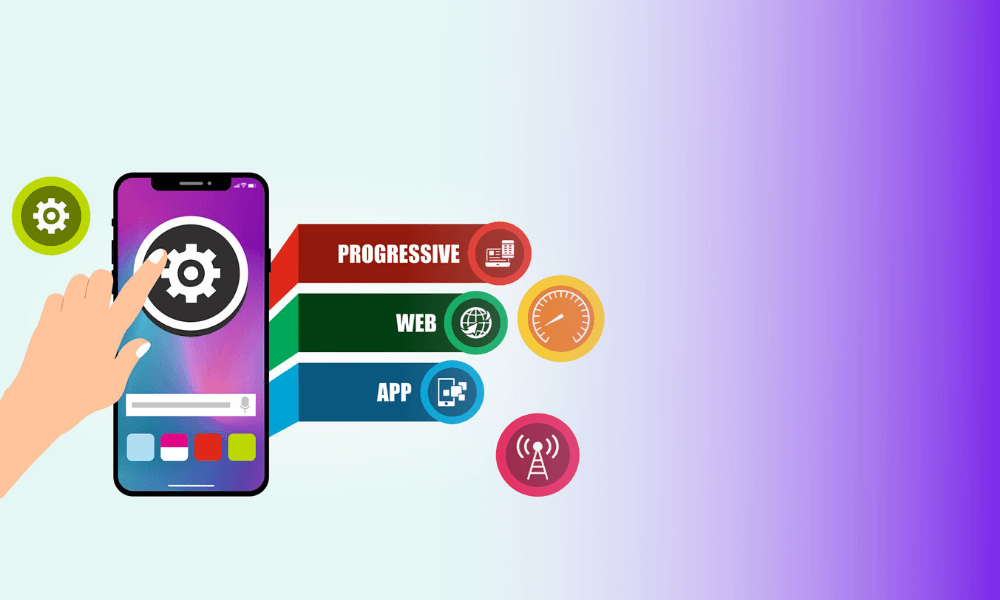The mobile landscape has evolved significantly over the past decade, shaping the way businesses and consumers interact with the digital world. As the demand for seamless, responsive, and interactive mobile experiences rises, Progressive Web Apps (PWAs) are emerging as a powerful solution. Let’s delve into why PWAs are becoming a cornerstone of mobile web development and how they are setting the stage for the future.
What Are Progressive Web Apps?
Progressive Web Apps are web applications that offer a native app-like experience on the web. Built using standard web technologies like HTML, CSS, and JavaScript, PWAs provide benefits such as offline access, push notifications, and fast loading times, all while maintaining the accessibility and searchability of a regular web page.
Key Features of PWAs
Offline Access
One of the most compelling features of PWAs is their ability to function offline or in low-network conditions. Service Workers, a type of web worker, enable data caching, allowing users to access the app even without an internet connection.
Fast Loading Times
PWAs offer remarkable speed by utilizing modern caching strategies. The immediate loading experience keeps users engaged and minimizes the bounce rate.
Push Notifications
Much like native apps, PWAs can send push notifications to keep users informed and engaged. This is crucial for activities like real-time updates, reminders, or personalized offers.
Cross-Platform Compatibility
Built using standard web technologies, PWAs are cross-platform compatible. This means they work seamlessly on any device, be it a smartphone, tablet, or desktop, ensuring a consistent user experience.
Advantages of Adopting PWAs
Cost-Efficiency
Developing a PWA is generally more cost-effective than creating separate native apps for different platforms. A single codebase can serve multiple platforms, reducing both development time and costs.
Easy Updates
Updating a PWA is as simple as updating a web page. Users always access the latest version, eliminating the need for manual updates through app stores.
Improved SEO
Being web-based, PWAs are fully indexable and discoverable by search engines, which enhances your site’s SEO.
Why PWAs Are the Future
- Adoption by Big Players: Companies like Google, Twitter, and Starbucks have already adopted PWAs, showing the technology’s potential and effectiveness.
- 5G and Edge Computing: As 5G and edge computing technologies mature, PWAs will become even more efficient, offering near-native performance.
- Internet of Things (IoT): PWAs can seamlessly integrate with IoT devices due to their web-based nature, making them ideal for the interconnected world of the future.
- User Behavior: With a shift towards mobile browsing, PWAs meet the demand for fast, reliable, and engaging mobile web experiences.
Conclusion
Progressive Web Apps represent a significant leap forward in the mobile web development landscape. Offering an optimal blend of web accessibility and native app functionality, PWAs are becoming an essential tool for businesses looking to stay ahead in the digital age. As technology continues to evolve, it’s clear that PWAs are not just a trend but the future of mobile web development.


Recent Comments